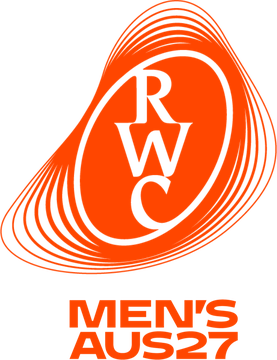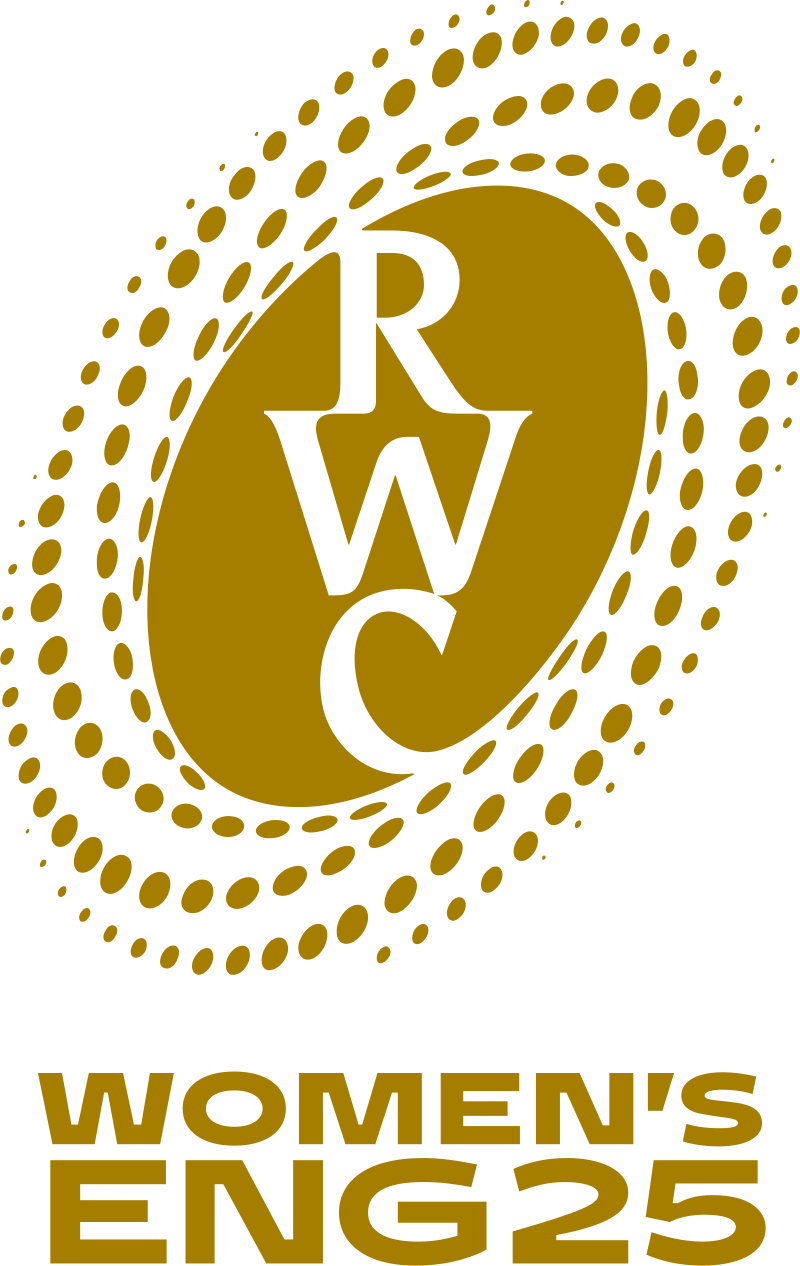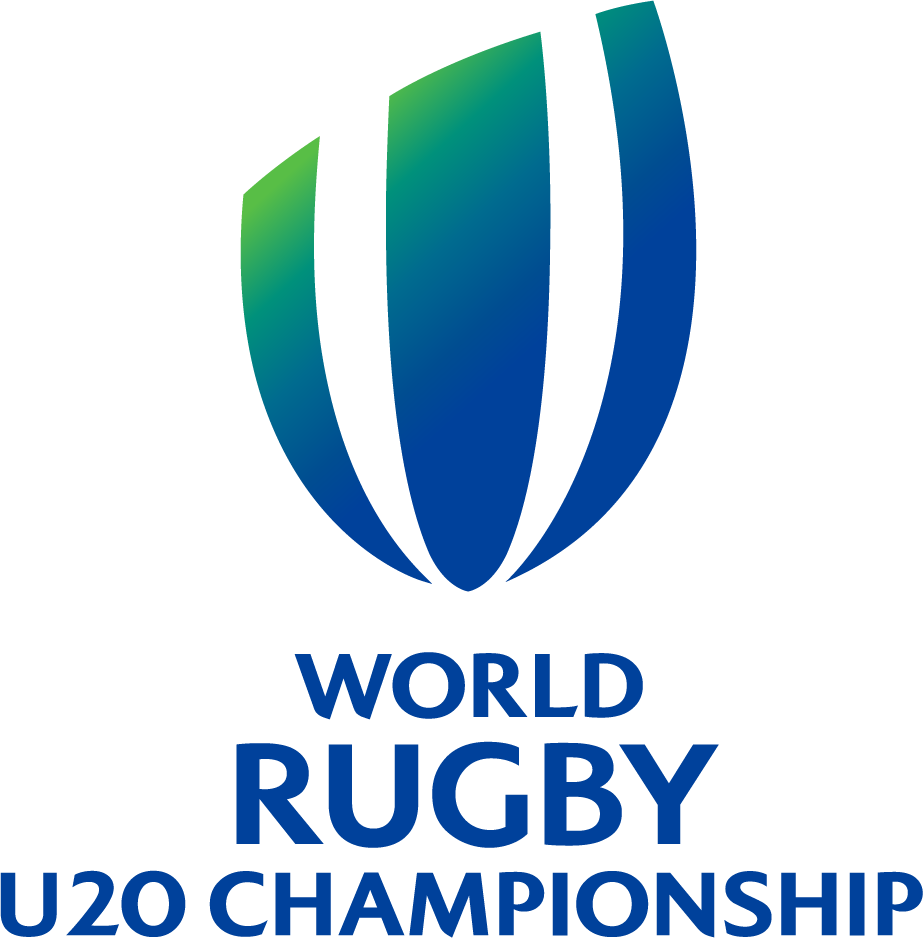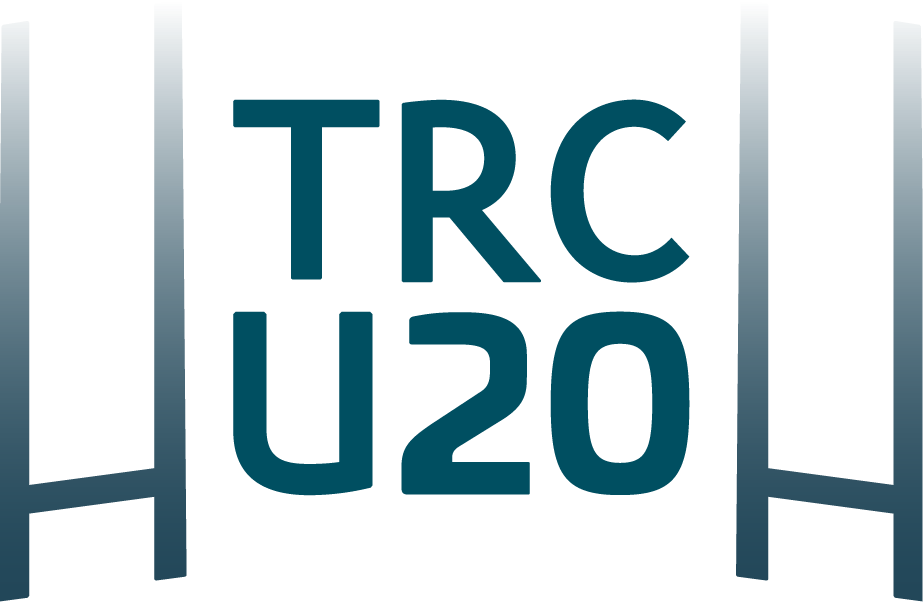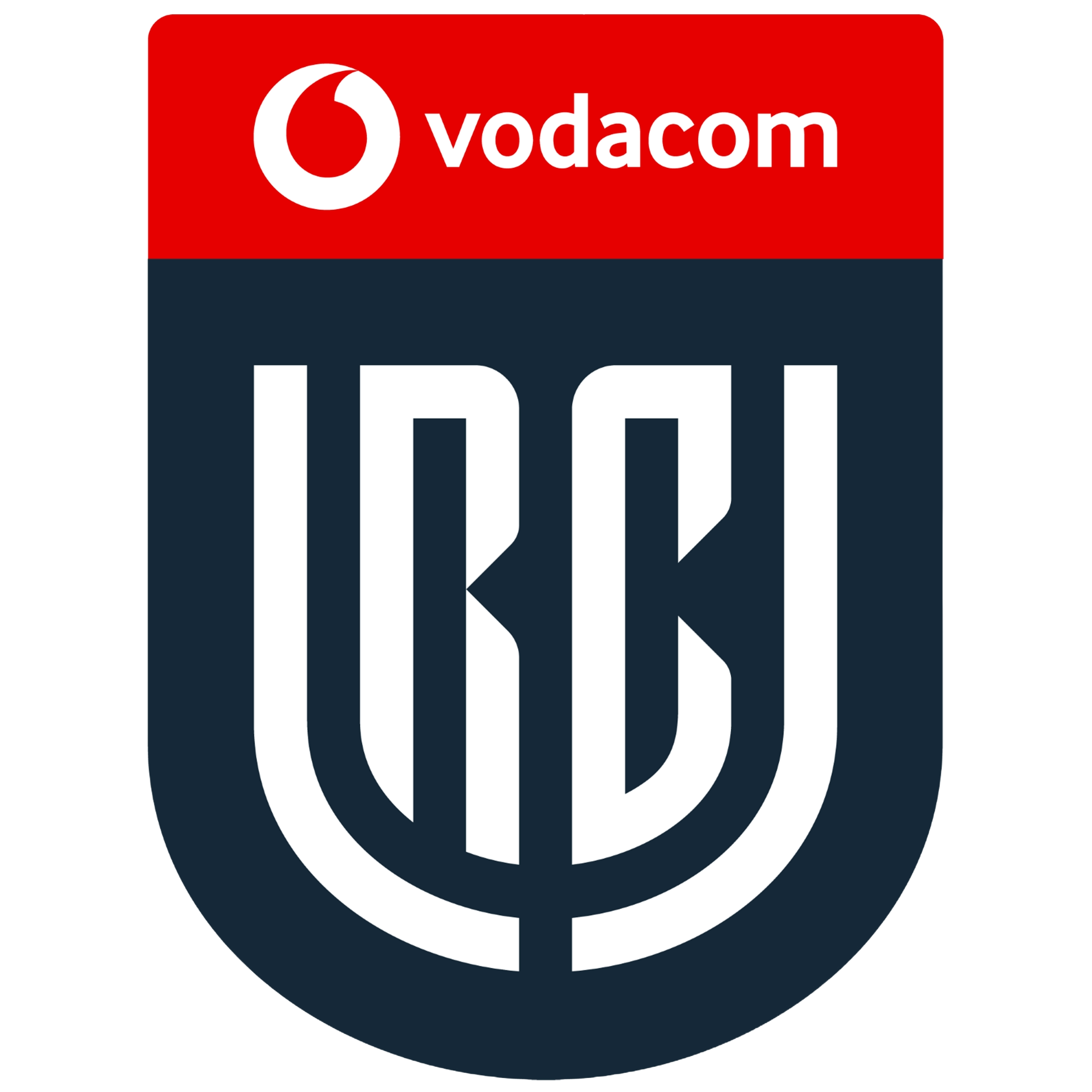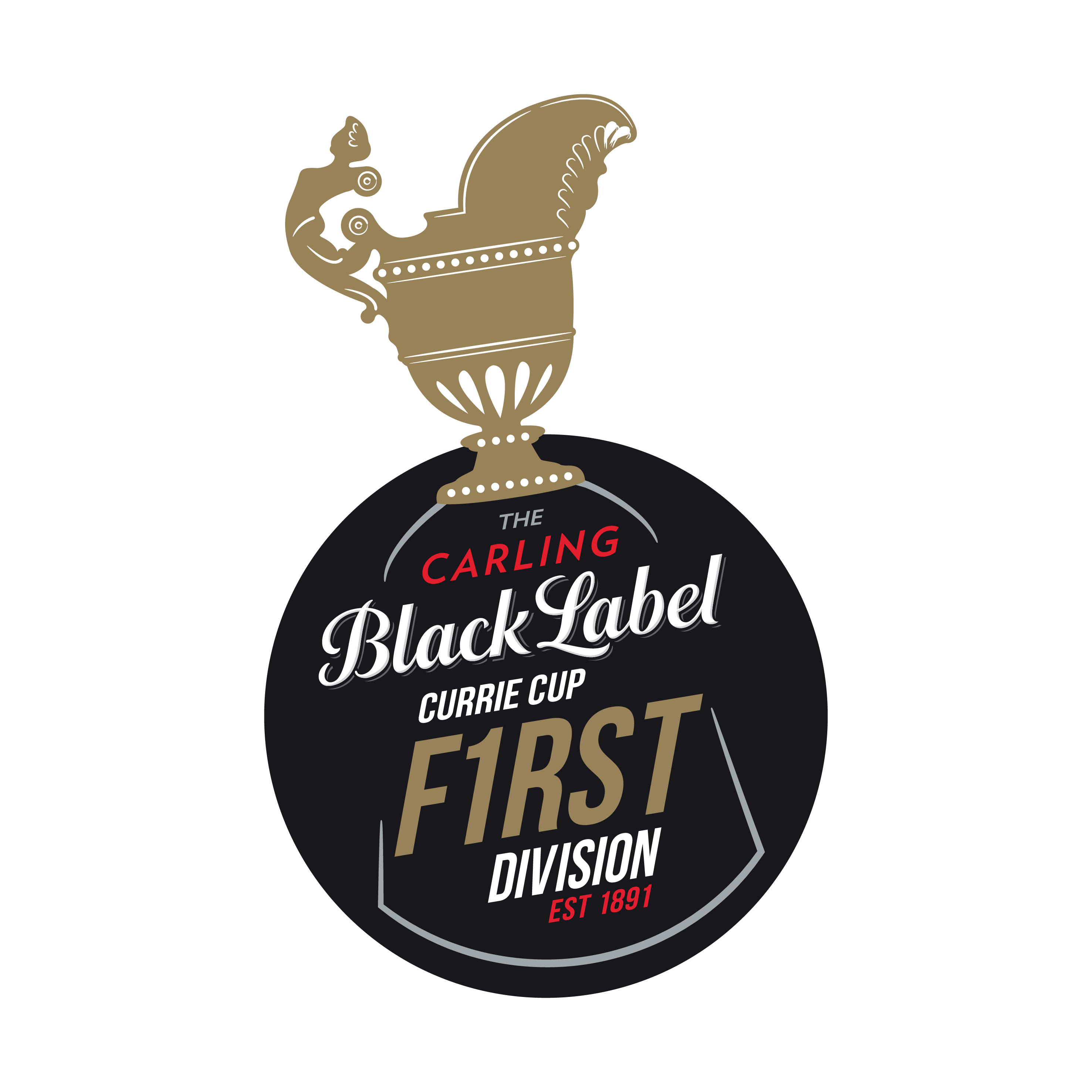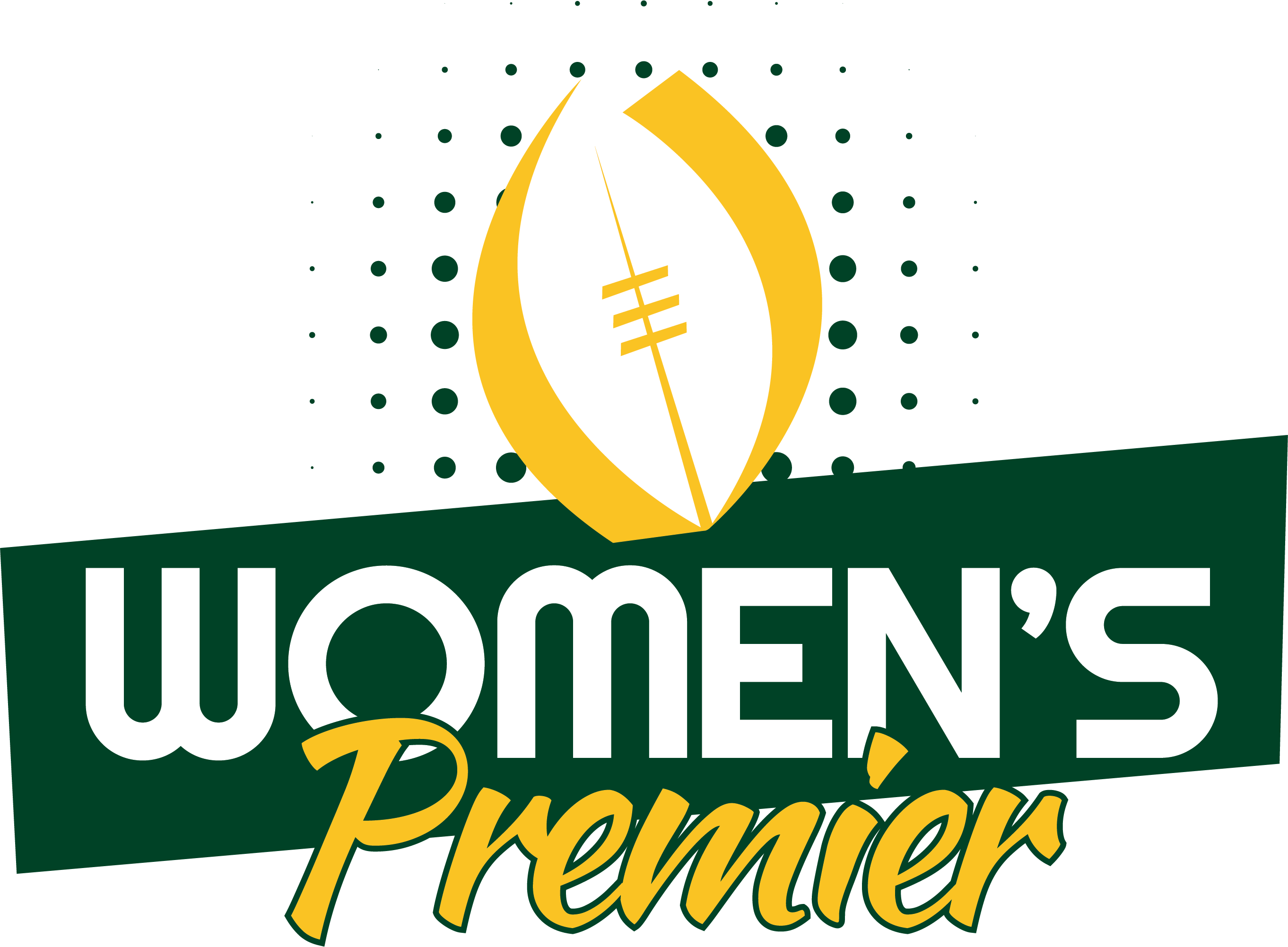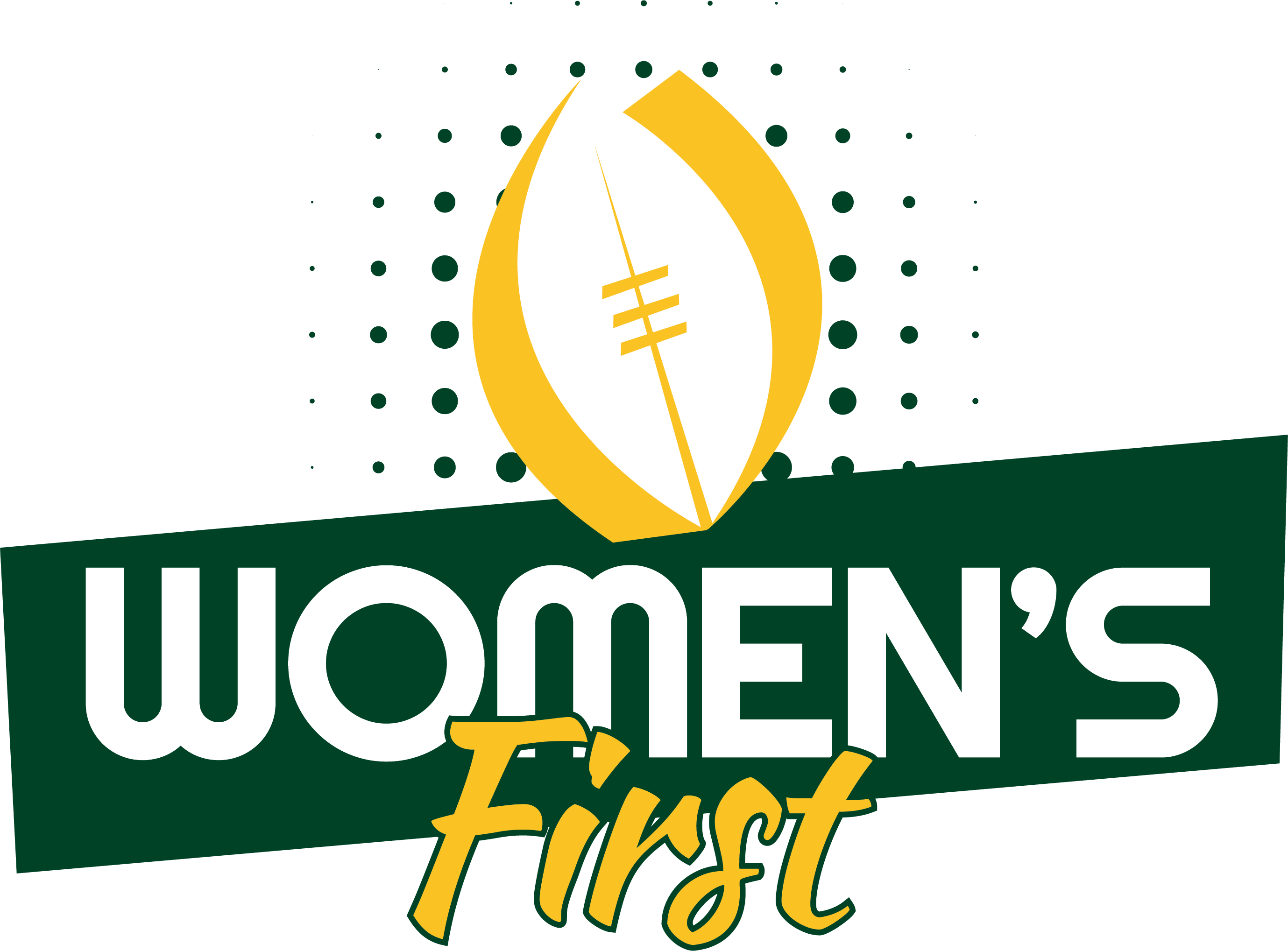The programme not only focuses on these basic principles, but also aims to assist in growing the game at grassroots level, and provide everyone in South Africa with the opportunity of being educated to play rugby the Smart way. BokSmart supports and demonstrates the concept that the safest best practice techniques in the game are also the most effective from a performance perspective. Ultimately, by instilling this mindset and providing this practical training resource, rugby will evolve in South Africa and become more appealing to everyone, and in the process improve the safety of its players on the field.
The reason that coaches and referees are specifically targeted is because they are the key decision makers who control both the game and the players on the field. They are extremely influential on how players behave both from a safety perspective and their attitudes towards the game and other players and officials on the field.
At most matches played in SA, there are little or no medically qualified personnel, medical facilities, emergency medical equipment or medical support available, and the same applies for practices. For this reason, coaches and referees are sometimes the only people available to intervene and ensure the safety of the players on the field, and are therefore viewed as the first line of defence in the prevention of serious and/or catastrophic injuries.
BokSmart plans to educate and empower every coach and referee at all levels of play around the country to promote safe rugby techniques and basic medical and injury prevention practices. Every coach and referee at all levels of play will be trained on the BokSmart Rugby Safety Program. At the BokSmart workshops, every attending coach and referee will receive an instructional booklet, an instructional DVD, a pocket Concussion guide, and will undergo a DVD facilitated workshop.
One of the biggest challenges for participation in programs like these within the South African context is the fear of failure. Having an assessment or evaluation for accreditation purposes is a barrier to participation. BokSmart has therefore removed this barrier, and would rather have coaches and referees attend the workshops and gain the necessary information and life-skills than not. The only criteria for ‘licensing’ would be a compulsory attendance at the workshop. This same strategy has been used very effectively in New Zealand’s Rugbysmart program.
Every coach and referee having attended the entire course will be ‘licensed’ for a two-year period. At the end of the two-year period, they will have to attend another BokSmart workshop presented in a similar format, and receive the most recent evidence-based rugby safety information at the time. This will be performed every 2 years.
Another challenge for this type of system comes in that there are 14 Provincial Rugby Unions in SA, and each has their own unique educational format, demographic challenges and structures in place. One of the provincial unions has six sub-unions within its structures, is extremely vast and covers almost a third of the country’s surface area. To access one of the sub-unions within this union’s borders, requires a 1000 km trip; another sub-union is a 720 km trip.
Many of the remaining unions have similar challenges, where the access to certain regions are extremely difficult, as the urban areas, towns, rural settlements, villages and the like are frequently huge distances apart. This poses a massive challenge to gathering coaches and referees together and presenting workshops of this nature. BokSmart has therefore endeavoured to embrace the current structures and uniqueness in the various unions, and thereby empower the respective unions to present the rugby safety workshops within a structure suitable to their respective demographics.
Another challenge is that of communication. In South Africa, there are 11 official languages. However given the extent and outreach of the program, it is not financially viable to produce such program in all eleven languages and to thereby accommodate everyone. For this, we had to make a compromise. The common language to most South Africans and with an international outreach in mind is English. Therefore BokSmart has used English as the language of choice.
To make this work practically, the different regional trainers who are selected to present the workshops within their provincial union structures are required to have a specific skill set to be effective. This presents another challenge. The selected facilitators have to be respected coaches or referees within their union and community. They need to have a good understanding of English, be able to communicate effectively and facilitate a workshop. Given the linguistic challenges in SA, it is also important that the facilitator be able to efficiently facilitate the discussions in the respective language applicable to the zone or region within the union.







